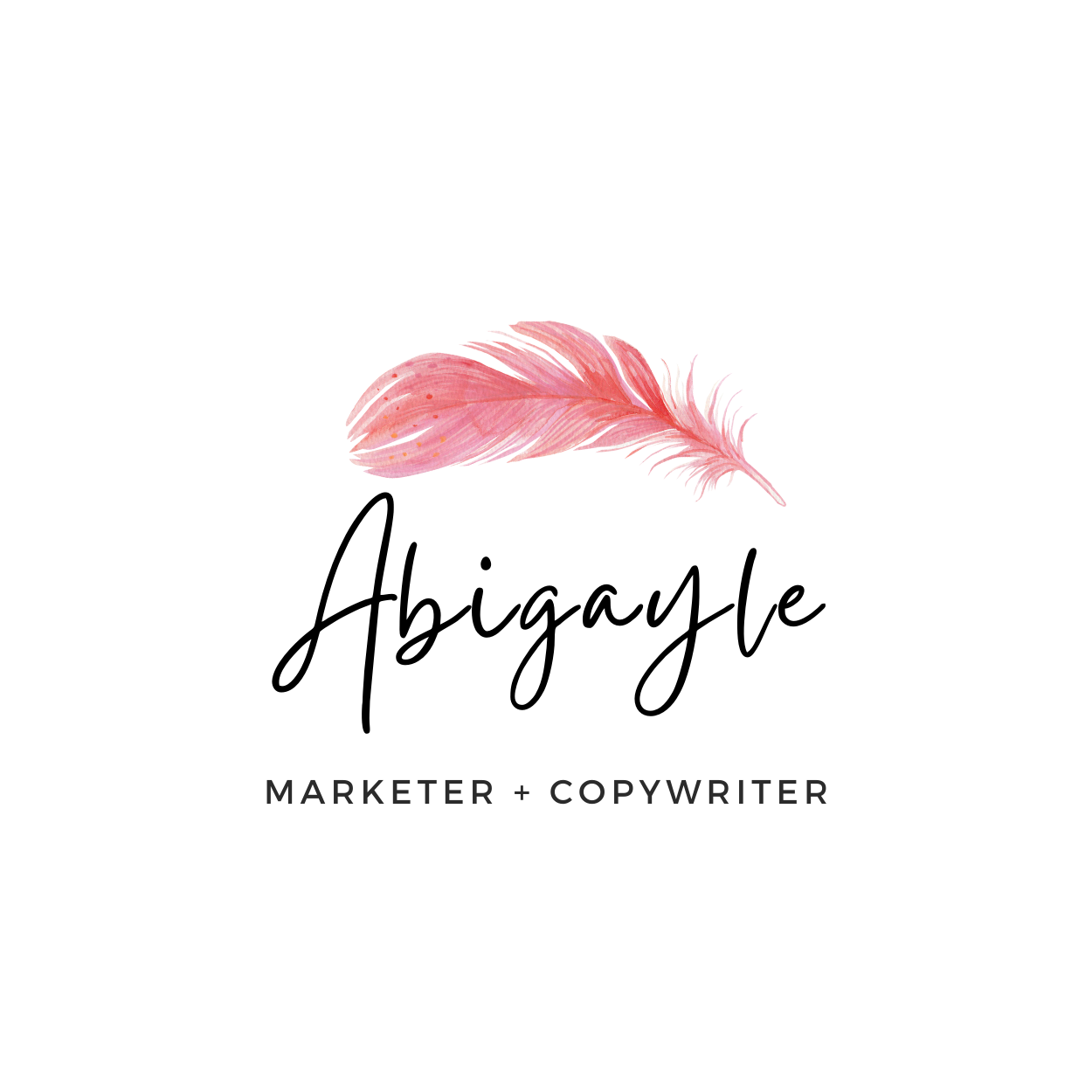A Beginner’s Guide To Sleep Logs
One would think that wrangling toddlers, nursing newborns, and reasoning with back-talking pre-teens would make it easy to catch some z’s at night. But we’ve all been there: you’ve had a day from H-E-double hockey sticks and as soon as your head hits the pillow, you find yourself tossing and turning long past everyone’s bedtime. A sleep log could be the answer to your restless nights. Here’s what you need to know to start your own:
What is a sleep log?
A sleep log is essentially a diary that records a myriad of information about your everyday life. Sleep specialists suggest recording your diet, caffeine and alcohol intake, exercise, medications, and sleep patterns. So, basically your every move.
How do they help?
Everyone is different, so at first glimpse, it can be hard for sleep specialists to determine why someone isn’t snoozing. Sleep logs can help find patterns that are preventing you from getting a good night’s sleep. And yes, that might include your routine 3 PM iced coffee… sadly.
Where do I keep my sleep log?
Any old journal will do, but if you’re looking for a more guided experience, this printable PDF download makes it a lot easier to keep track of all of the inner workings of your daily life.
Do I need to record everything?
In order for a sleep log to be effective, yes, recording any and all factors that might impact your sleeping patterns is necessary. This includes the 5-minute accidental power nap that you took while sitting up yesterday.
Do I need a doctor’s prescription to benefit?
Curious if a sleep log can improve how well you sleep? Give it a try. You don’t need a doctor’s Rx to reap the benefits of a sleep log. In fact, you might be able to identify your problem areas or spaces for improvement without any medical background at all.
